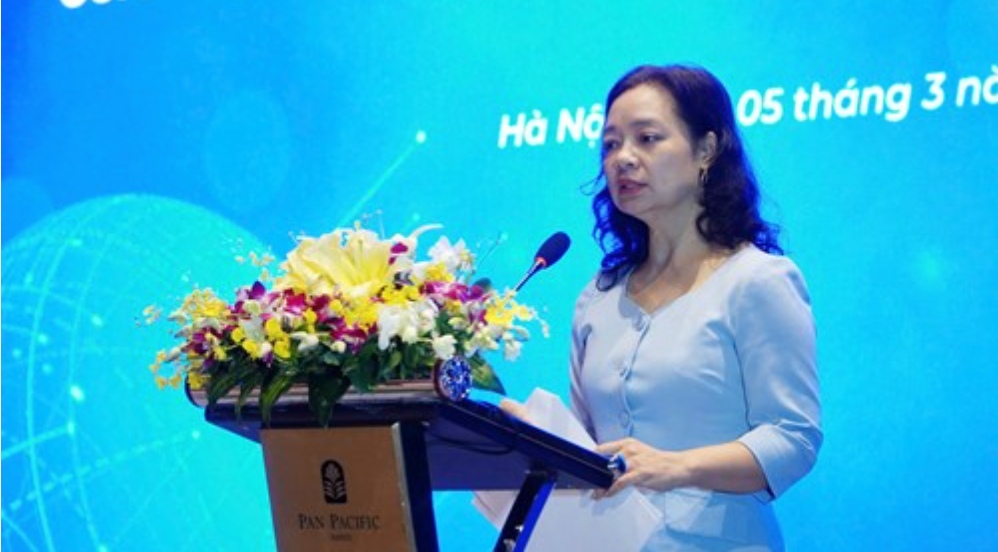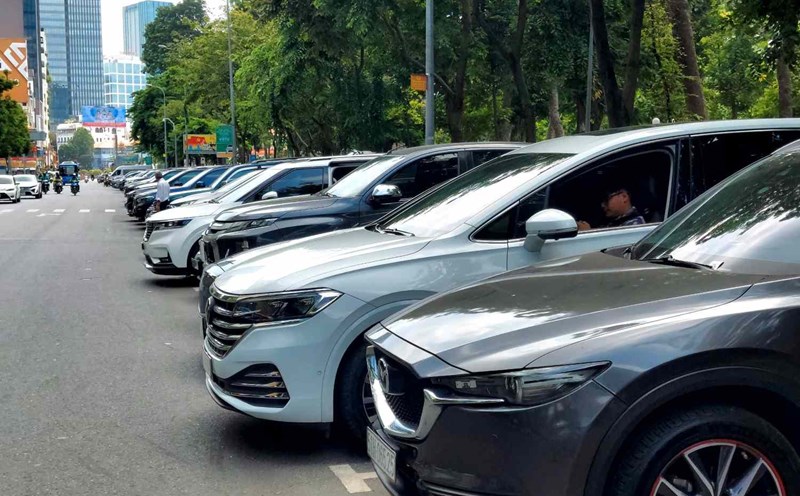The Ministry of Industry and Trade is amending and supplementing the Law on Energy Efficiency to help domestic enterprises adapt to strict standards from major export markets such as Europe and the US. At the same time, this is also part of the national commitment to bring net emissions to "0" by 2050.

At a consultation conference to collect comments on the Draft Law amending and supplementing a number of articles of the Law on Energy Efficiency and Savings held in Hanoi on March 5, Ms. Nguyen Thi Lam Giang - Director of the Department of Green Transformation Innovation and Industrial Promotion (Ministry of Industry and Trade) - said that after 15 years of application, the Law on Energy Efficiency and Savings has revealed some shortcomings. This adjustment is to ensure compliance with the practical situation, while meeting new requirements on controlling greenhouse gas emissions that are increasingly tightened globally.
Ms. Giang emphasized that many countries and regions, especially Europe and the US, have implemented strict environmental policies such as the European Union's carbon tax (applied from 2026) or green passport requirements for textiles. In addition, regulations on carbon traceability for imported products in Asia - Pacific and the US are also considered strict technical barriers for export goods. This creates great pressure for Vietnam's key industries such as textiles, footwear, plastic, steel, electronics and seafood processing.
While countries such as the US, Europe, Korea and some ASEAN countries have mechanisms to support businesses in innovating technology to meet environmental requirements, Vietnam still lacks strong enough financial policies to help businesses change their energy-saving production models and reduce emissions. Therefore, according to Ms. Giang, the amendment of the law is not only to adjust the management mechanism but also to make mandatory regulations instead of only encouraging the implementation of energy-saving solutions.
To realize this goal, the Ministry of Industry and Trade is coordinating with relevant ministries and branches to develop a dossier to propose amending and supplementing a number of articles of the law. Currently, the content of the draft is being widely consulted on the Government and the Ministry of Industry and Trade's Electronic Information Portal.
It is expected that the law will amend 16/48 articles of the Law on Energy Efficiency and Savings Use 2010. Four key policy groups include: improving the effectiveness of state management in the field of energy-saving use; developing energy consulting and auditing services; training professional human resources; and strengthening mechanisms to support businesses to switch to green production models.
The Ministry of Industry and Trade hopes that these adjustments will help Vietnamese enterprises overcome technical barriers of the export market, while contributing to the implementation of the VIII Power Plan and towards sustainable development.











